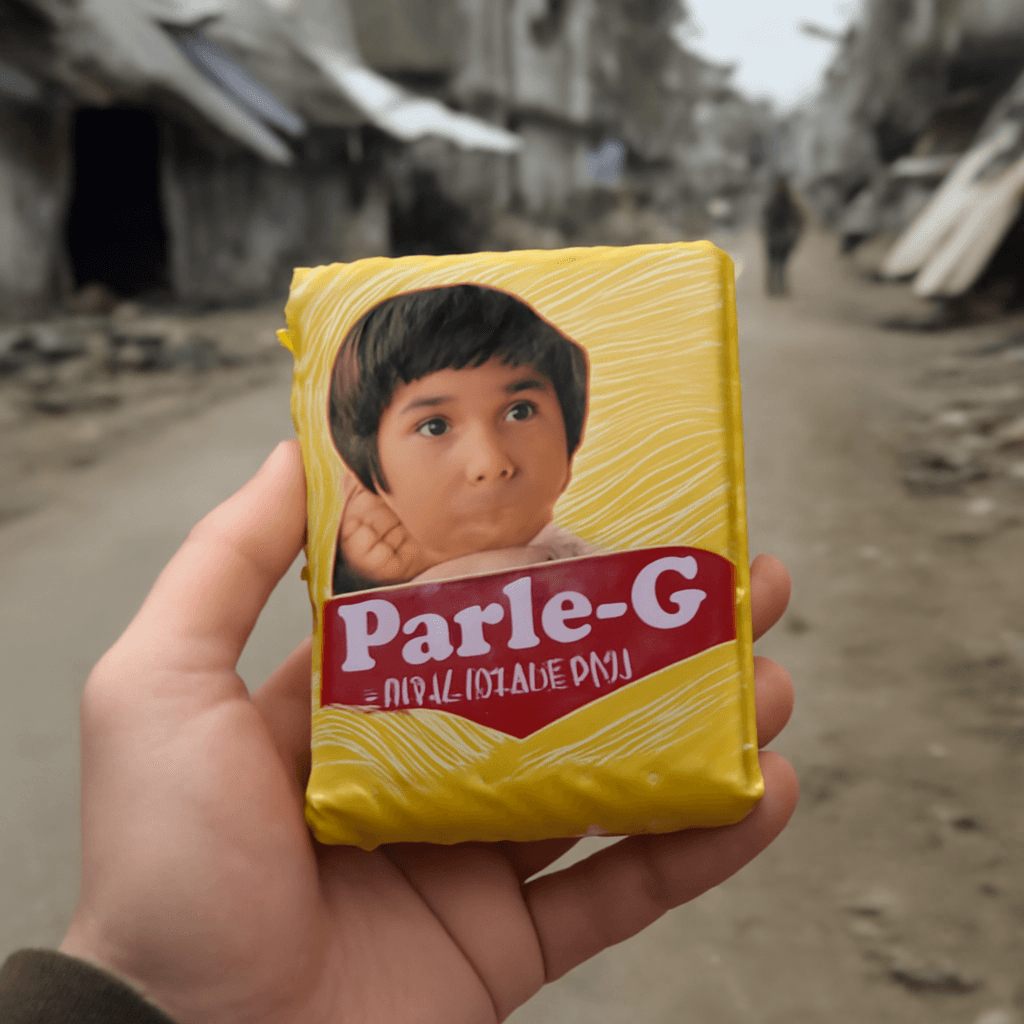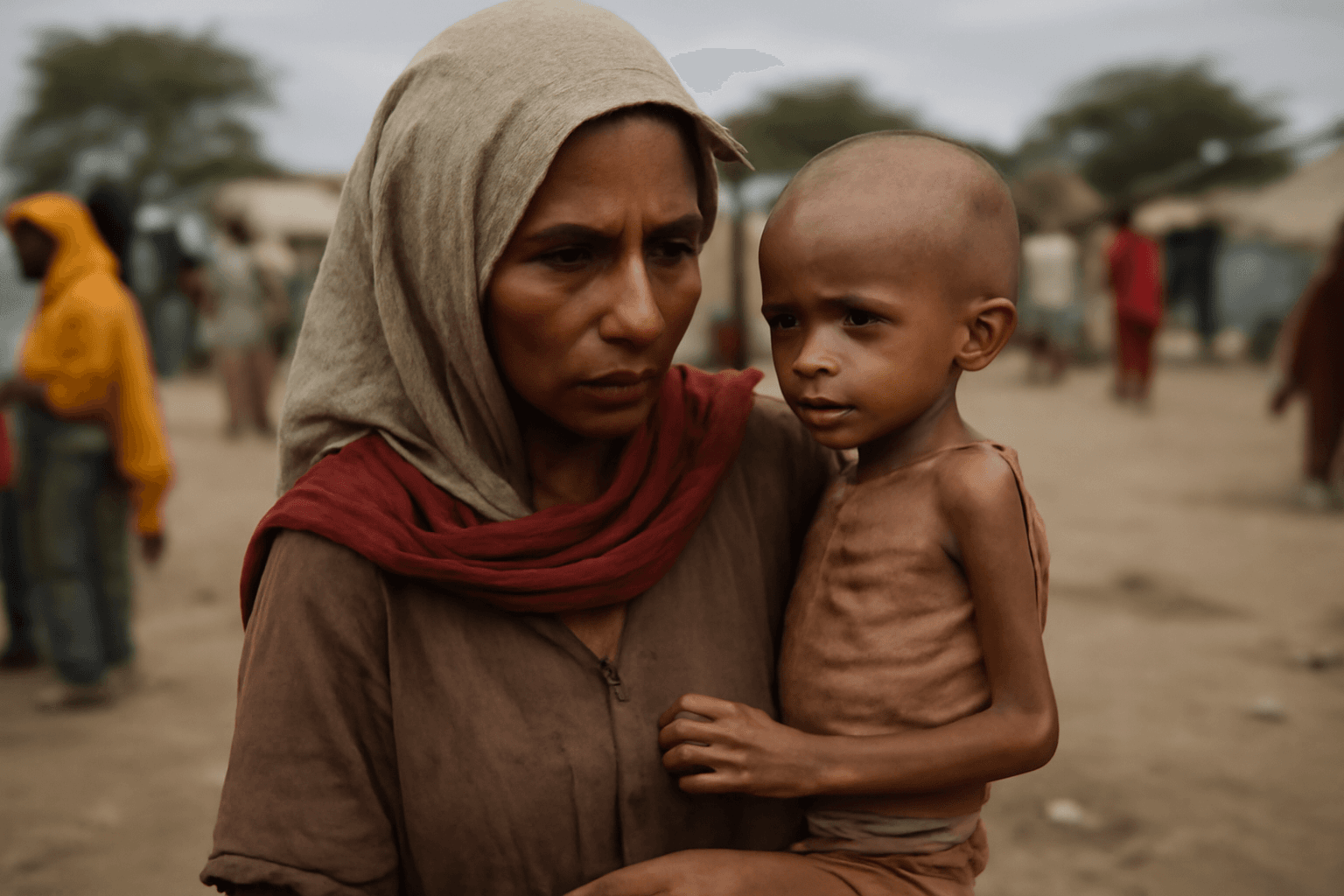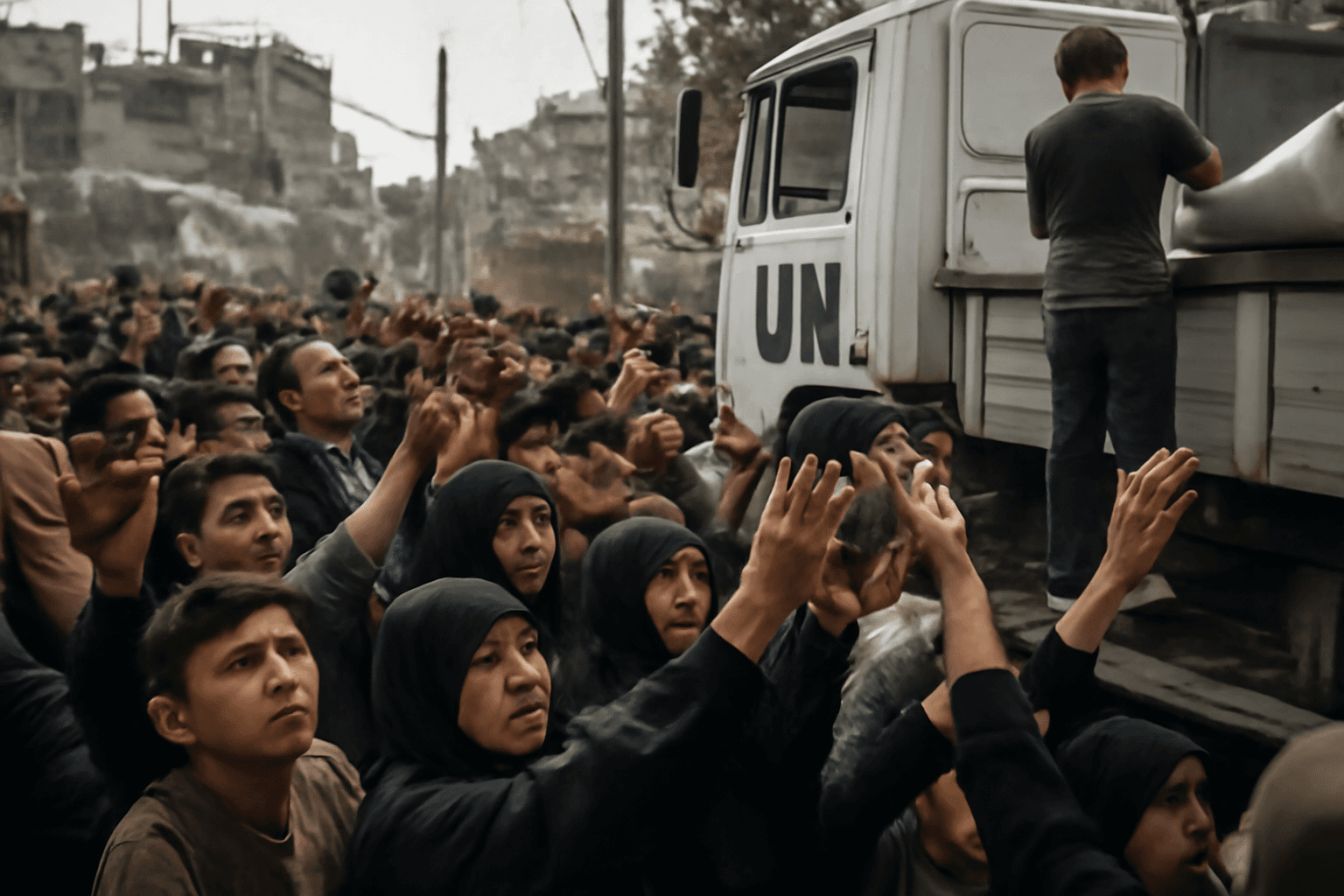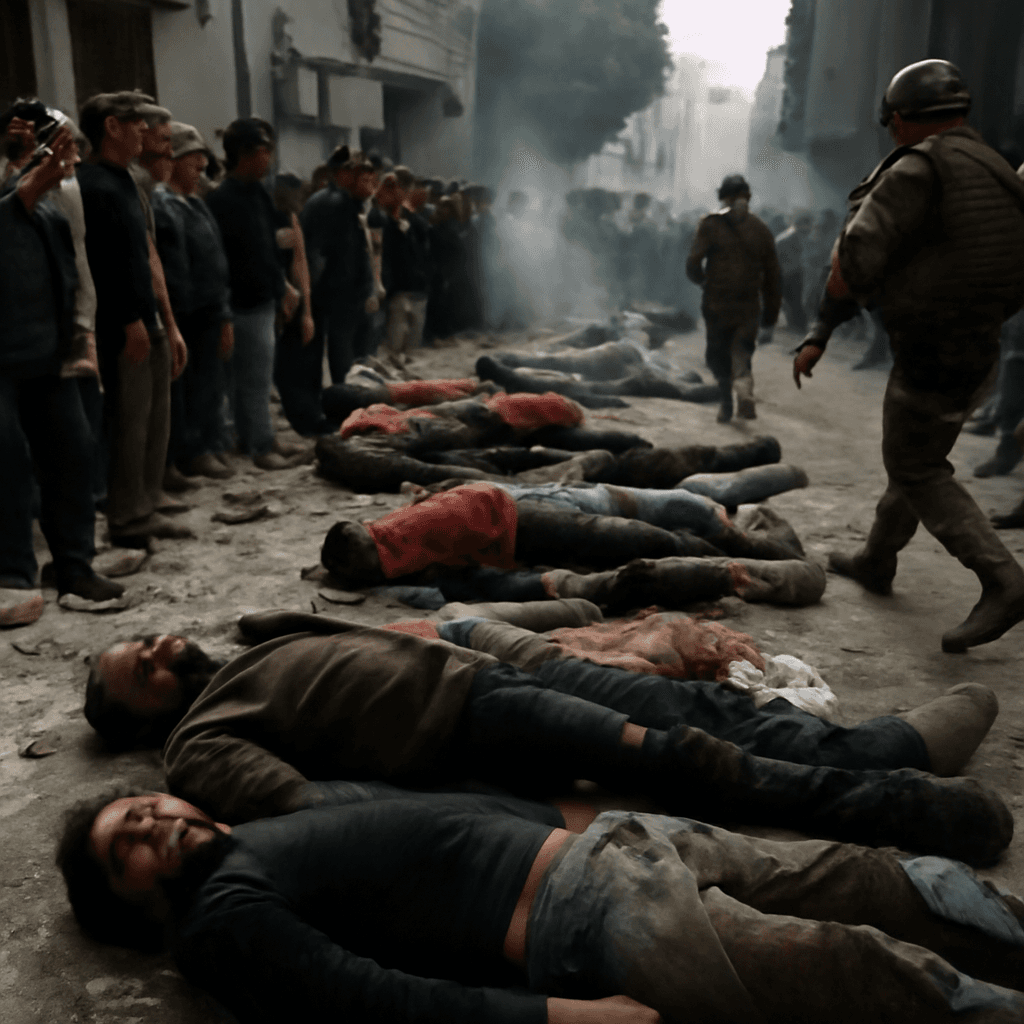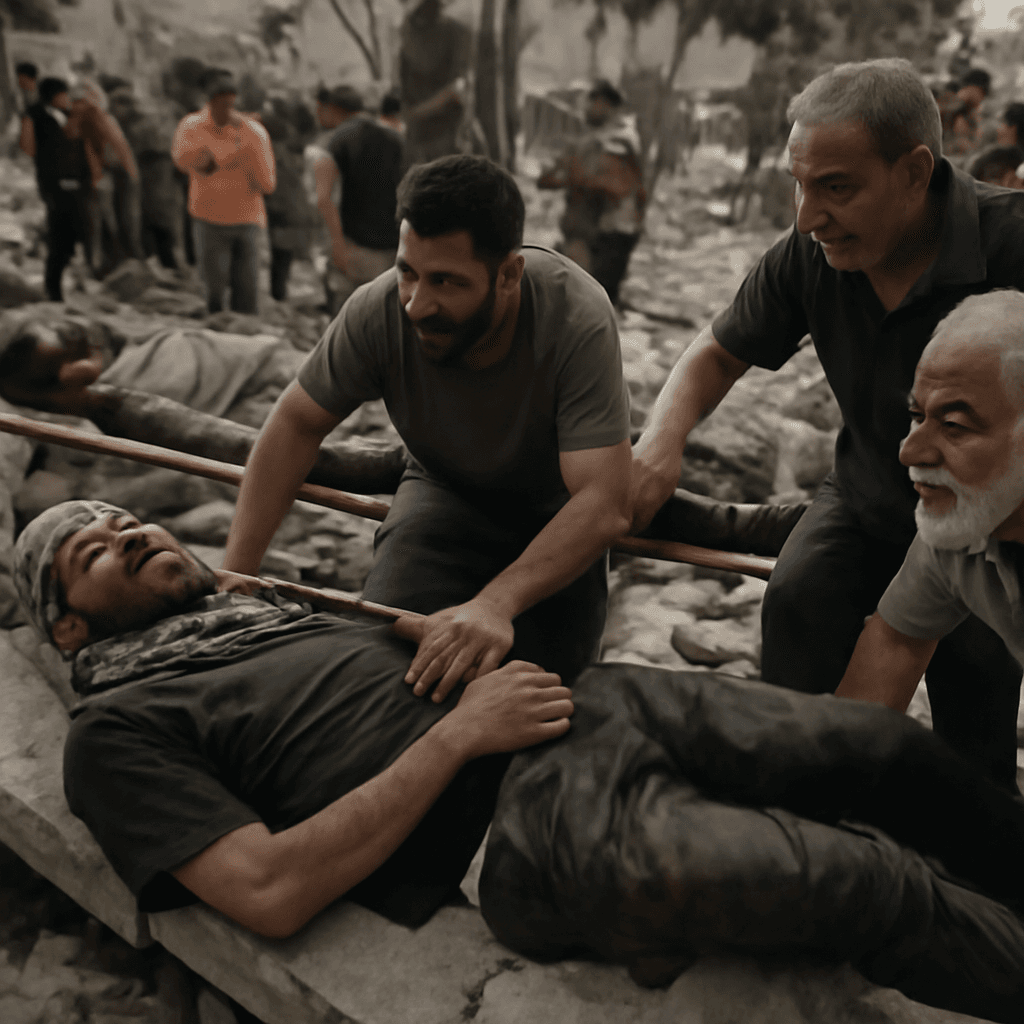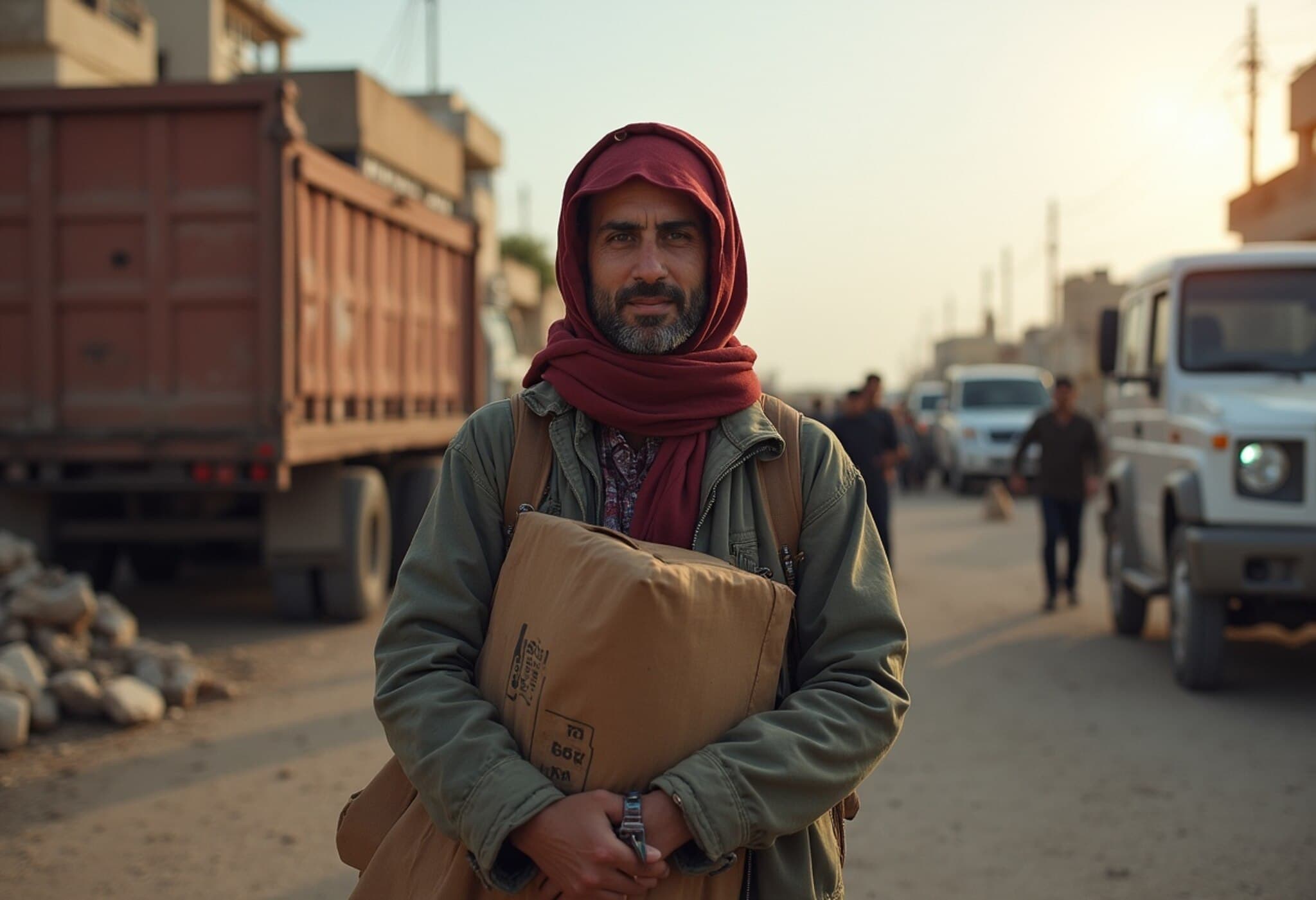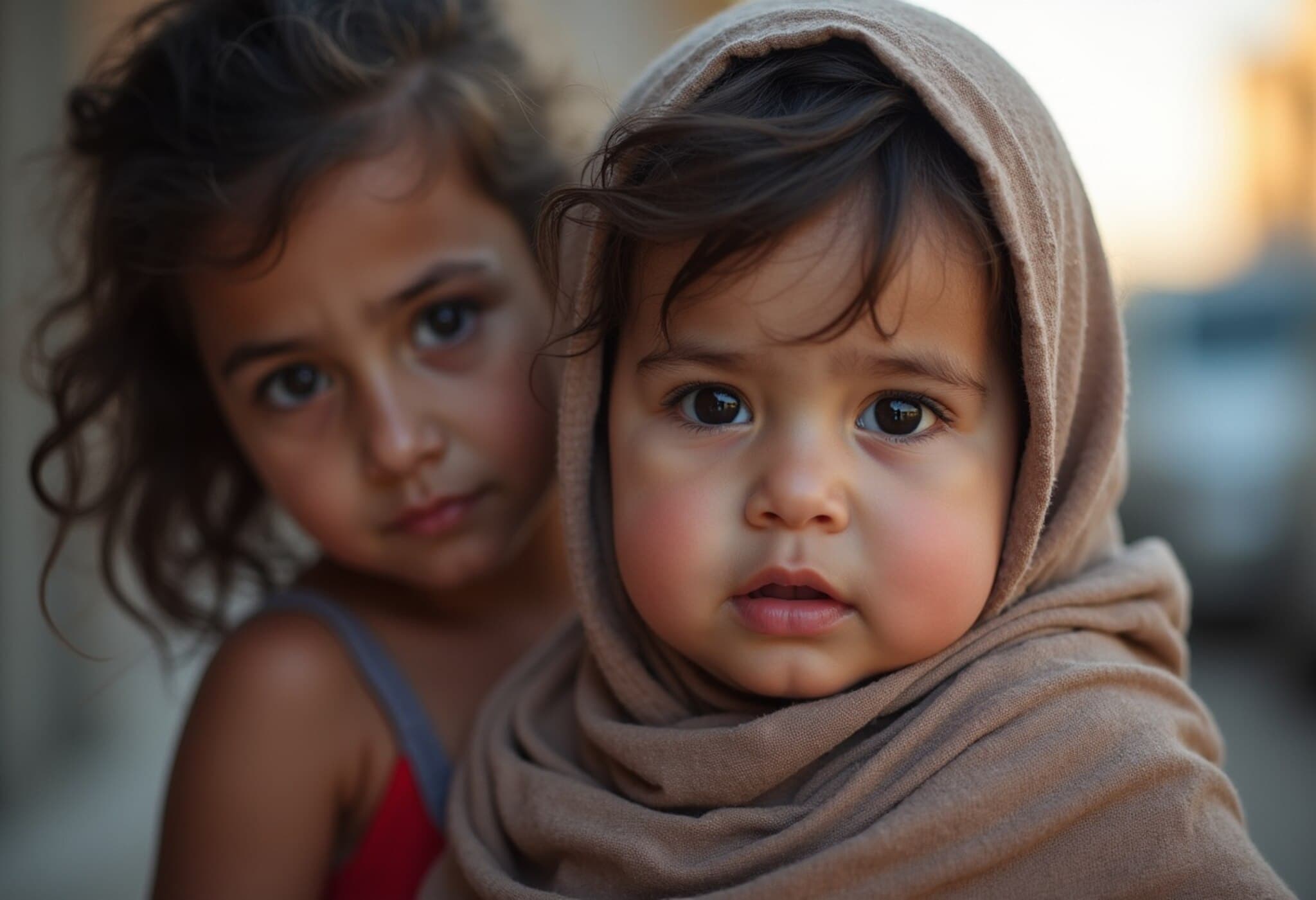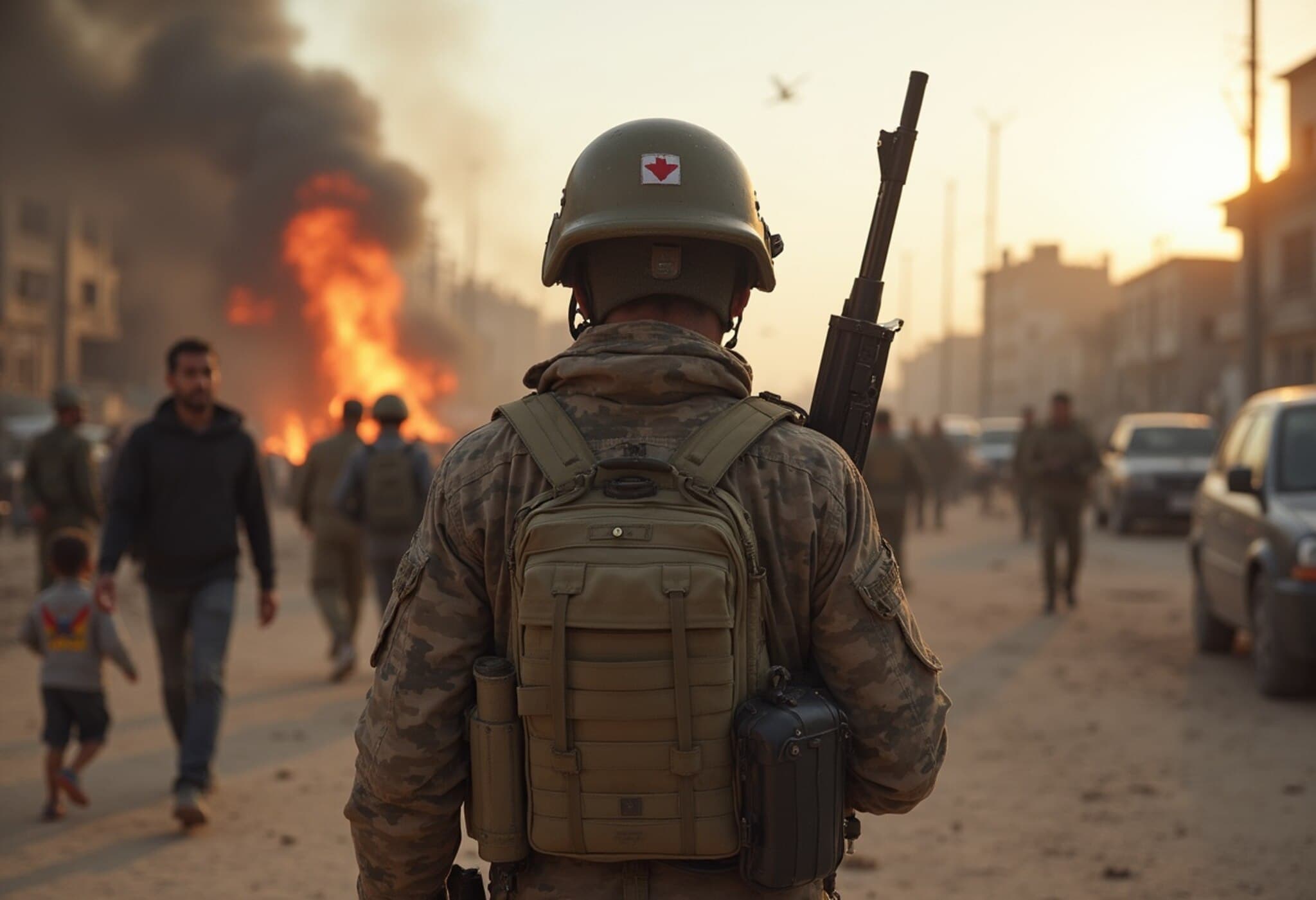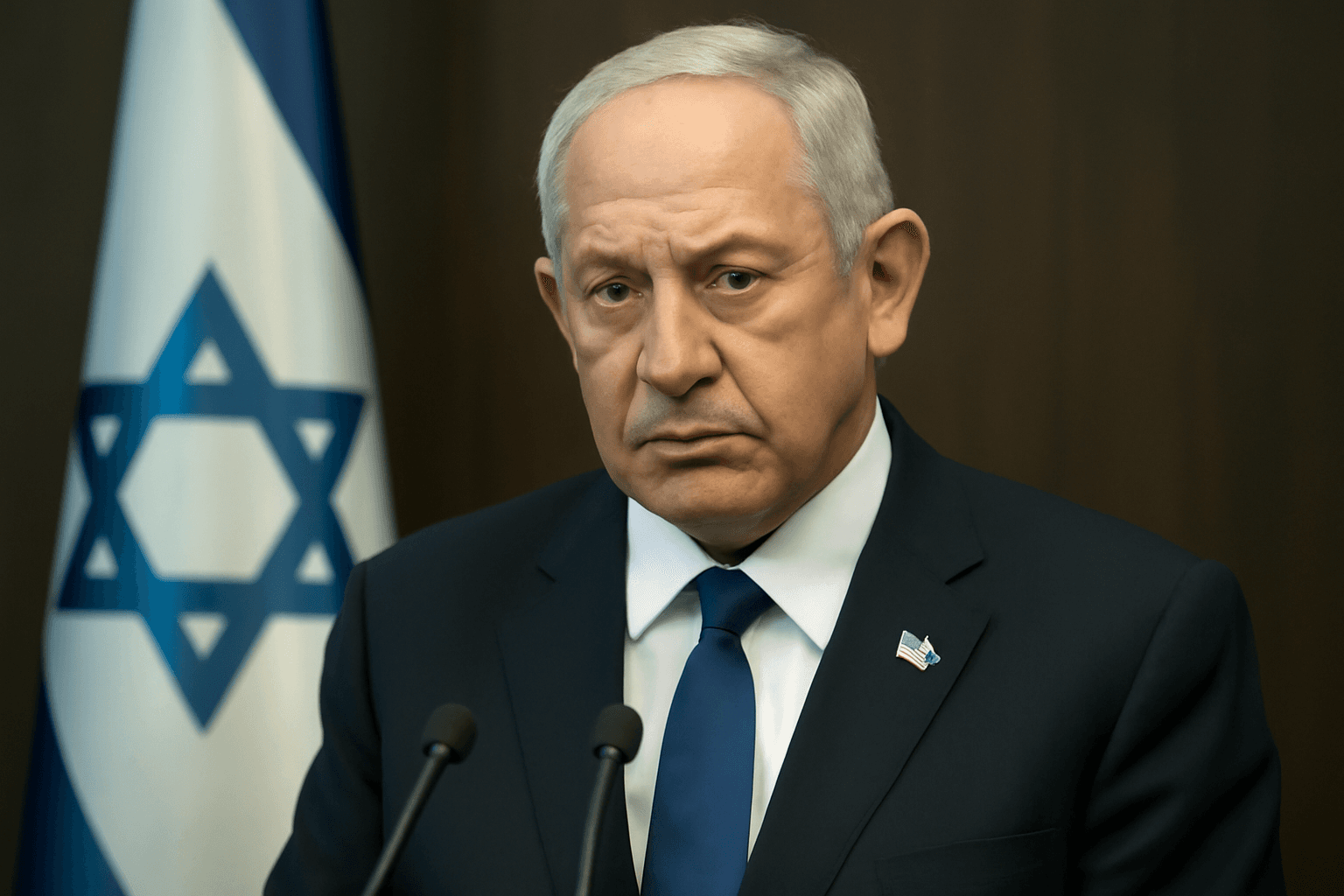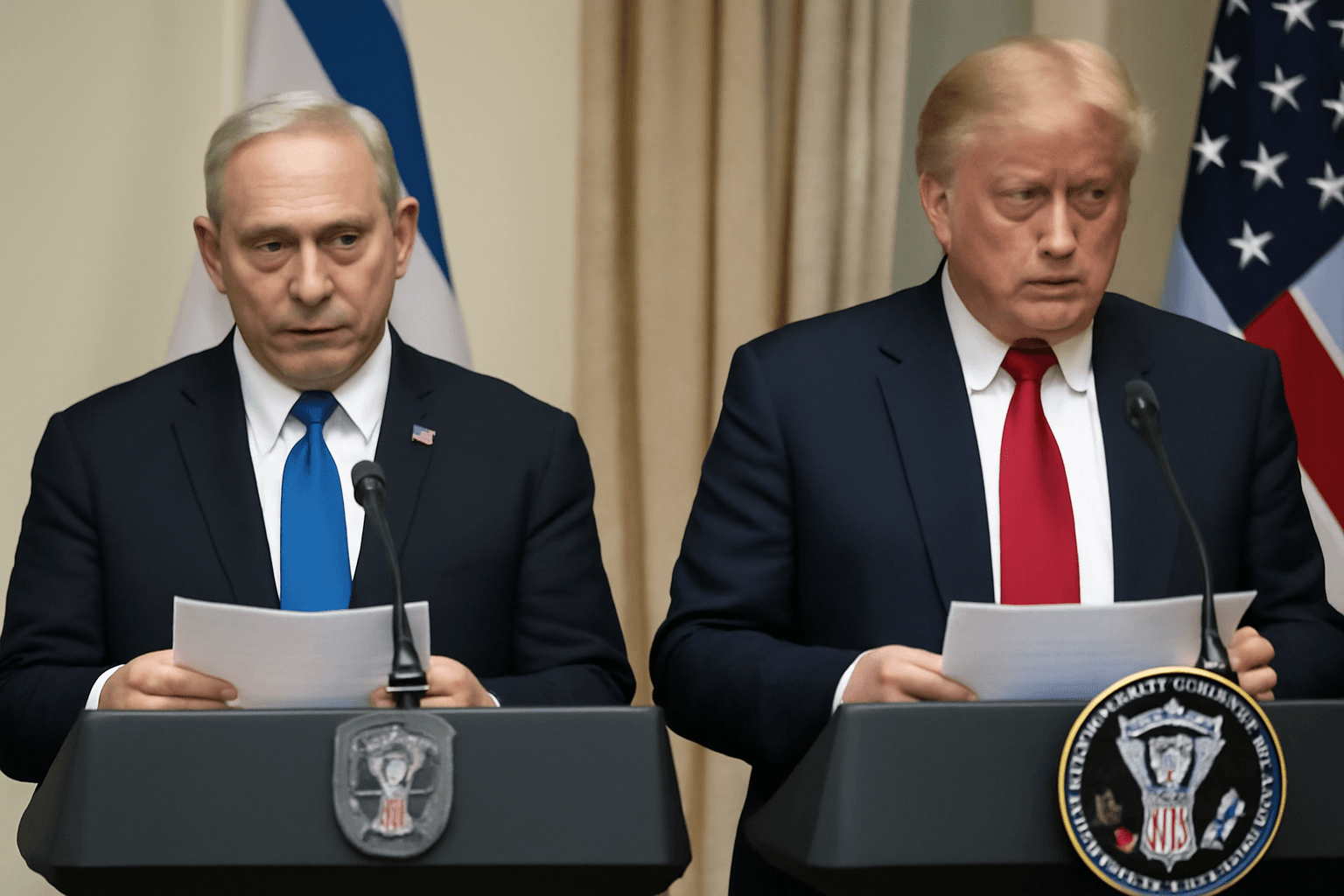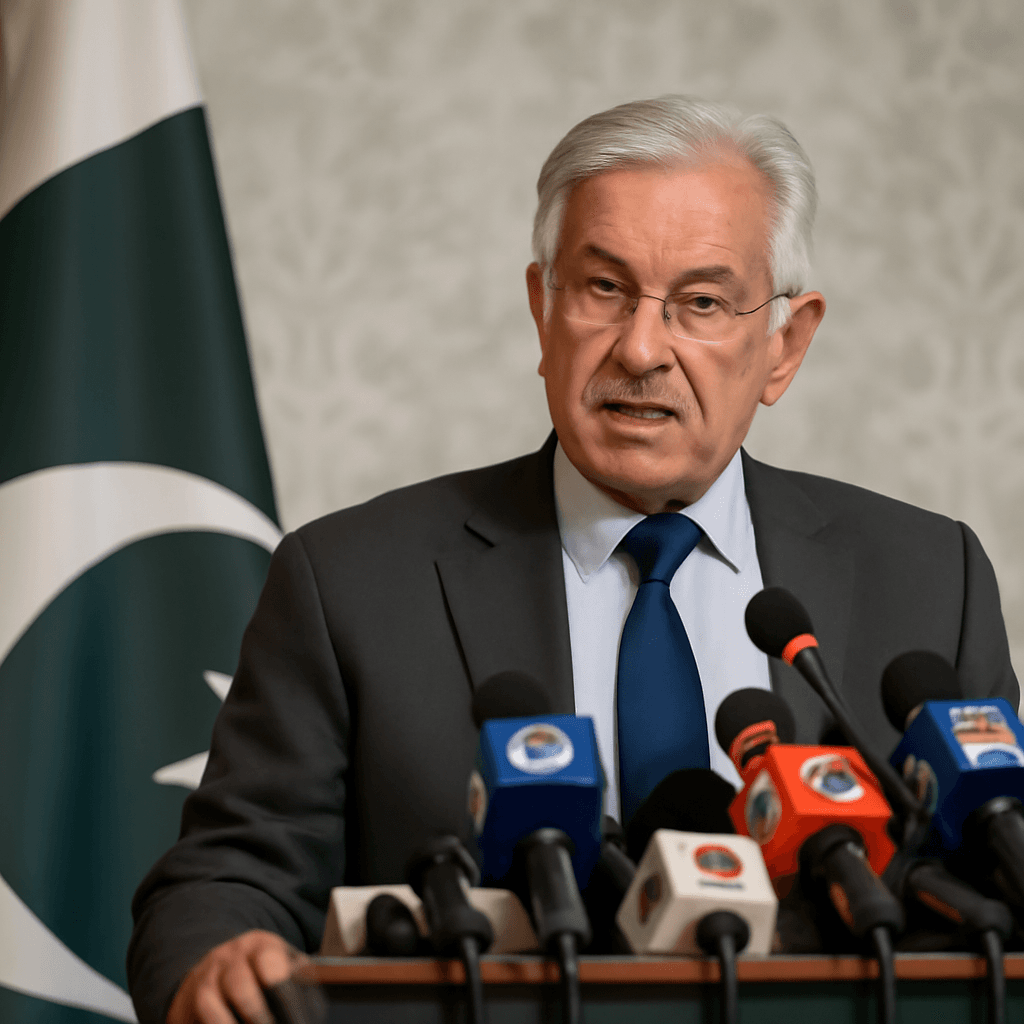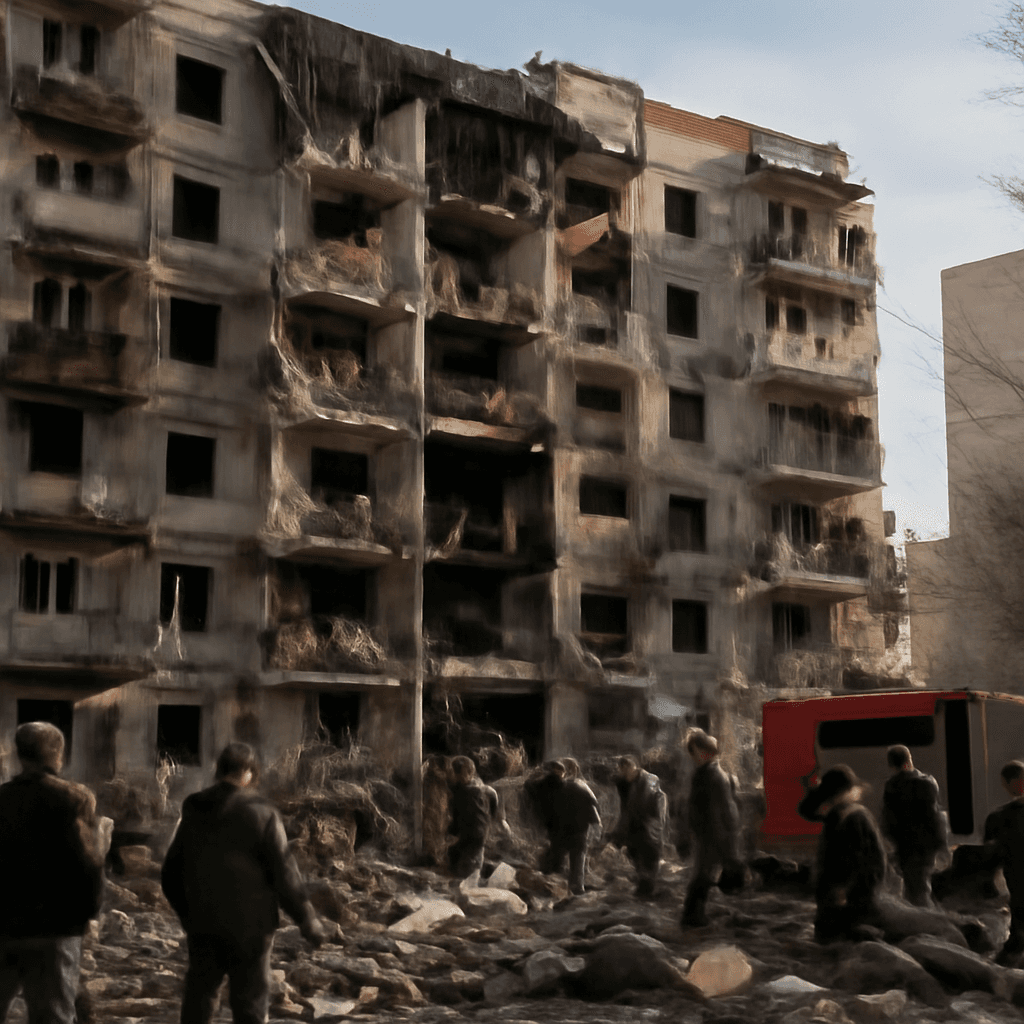Parle-G Biscuits Transform from Affordable Staple to Priceless Commodity in Gaza
Parle-G biscuits, a beloved and budget-friendly Indian snack costing less than Rs 5 domestically, have become an extraordinarily costly luxury in war-torn Gaza. A recent social media post from a Palestinian resident highlighted how the iconic biscuit symbolizes the desperate scarcity experienced by the local population during ongoing conflict and blockade.
Viral Post Highlights Stark Reality of Gaza's Food Crisis
Mohammed Jawad, living in Gaza, shared a moving video showing his daughter holding a packet of Parle-G biscuits—a rare treat amid the humanitarian crisis. Jawad revealed that he paid approximately Rs 2,342 (over €24) for the pack, a price surge caused by the severe shortage of essential food supplies. In contrast, Parle-G typically retails for under Rs 5 in India and around Rs 100 internationally.
Jawad emphasized the emotional significance despite the exorbitant price: "Even though the price jumped from €1.5 to over €24, I just couldn’t deny Rafif her favorite treat."
Black Market and Aid Distribution Challenges
Jawad's post shed light on the issue of aid distribution, which some perceive as equitable but, according to him, is often compromised by theft and profiteering. He explained that many basic commodities are sold on Gaza's black market at inflated prices, with flour reportedly reaching $500 per unit and sugar around $90 per kilogram. This disparity forces vulnerable individuals to risk their lives for essentials, while others capitalize on these conditions for profit.
Humanitarian Impact of the Blockade and Ongoing Conflict
The drastic price increase of everyday items like Parle-G reflects the broader humanitarian disaster unfolding in Gaza. Since a ceasefire breakdown in March, a near-total blockade has restricted aid influx, severely impacting food availability and medical supply chains.
According to recent reports:
- The acute malnutrition rate among children under five has nearly tripled since February, reaching 5.8% from 4.7% within a few weeks.
- Severe acute malnutrition cases are rising, heightening vulnerability to infections.
- Treatment centers have closed due to either damage, medical supply shortages, or contested military involvement.
Medical and Civilian Struggles Amid Crisis
Medical personnel face extraordinary challenges, with some doctors resorting to donating their own blood to sustain patients. Reports highlight numerous starvation-related deaths, especially among children and the elderly, over a short period. The situation has ignited scrutiny over aid management and international calls to alleviate the humanitarian blockade.
Conclusion
The transformation of Parle-G biscuits from an affordable snack to an exorbitantly priced commodity encapsulates the severity of Gaza's ongoing crisis. It underscores the urgent need for effective aid distribution and conflict resolution to prevent further exacerbation of humanitarian suffering.

